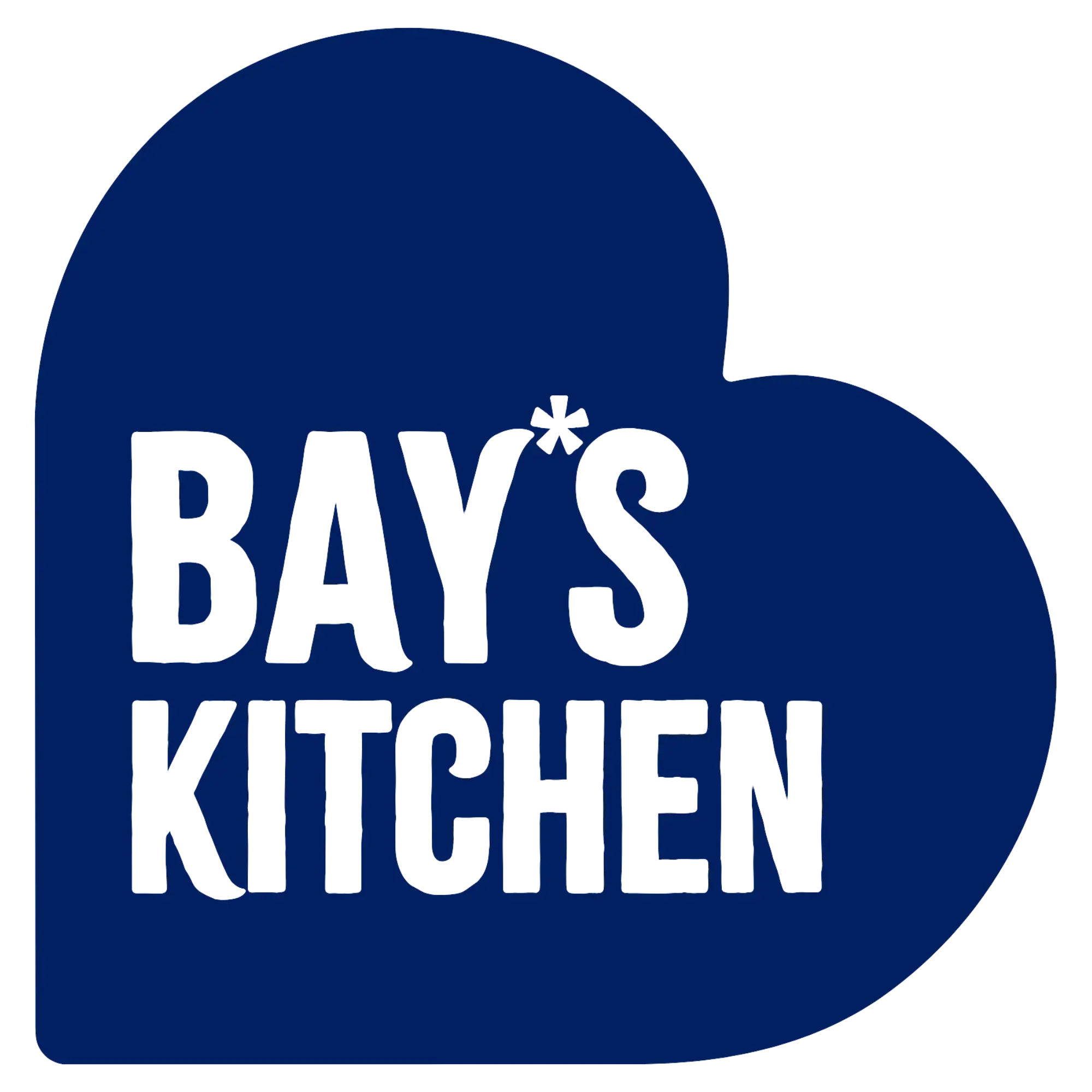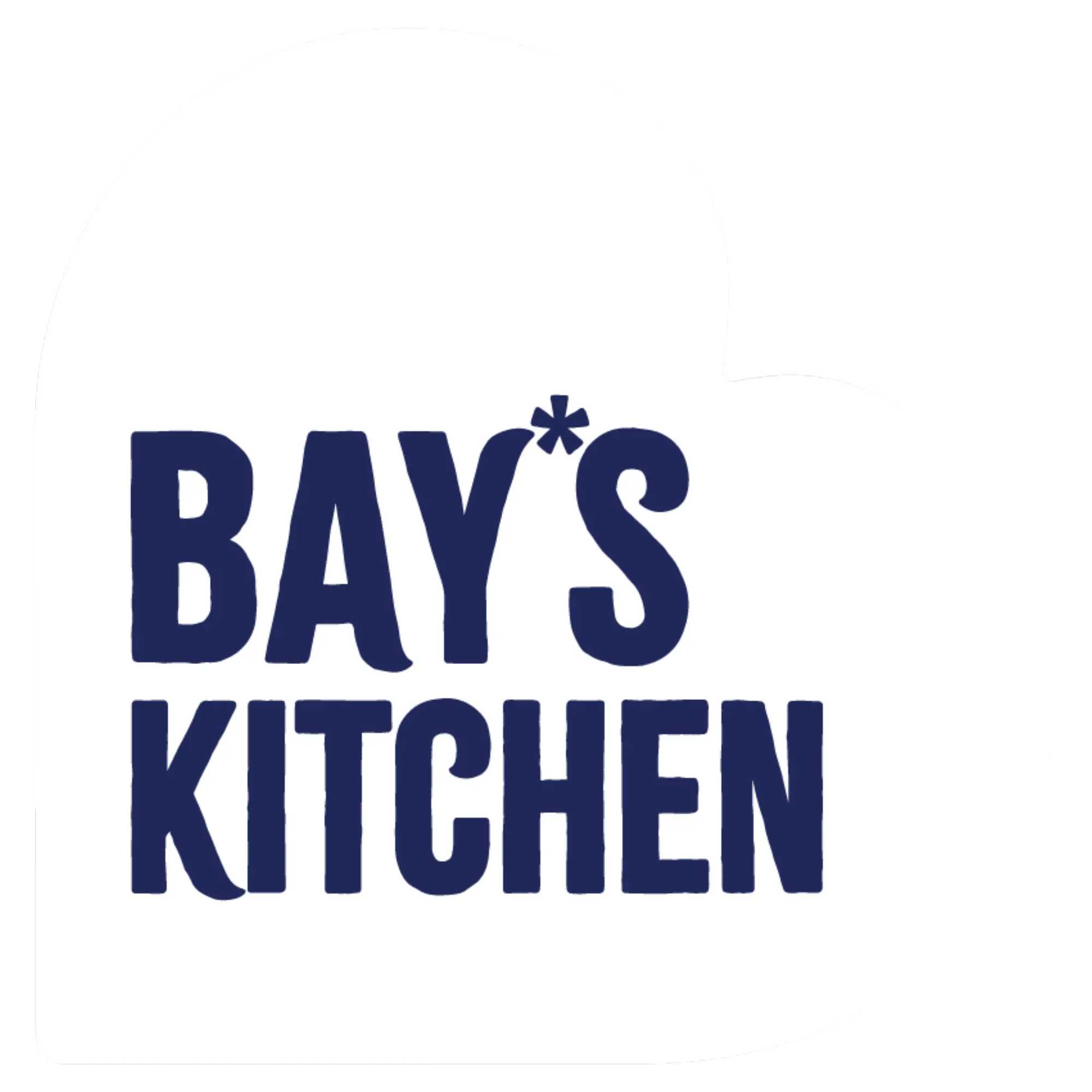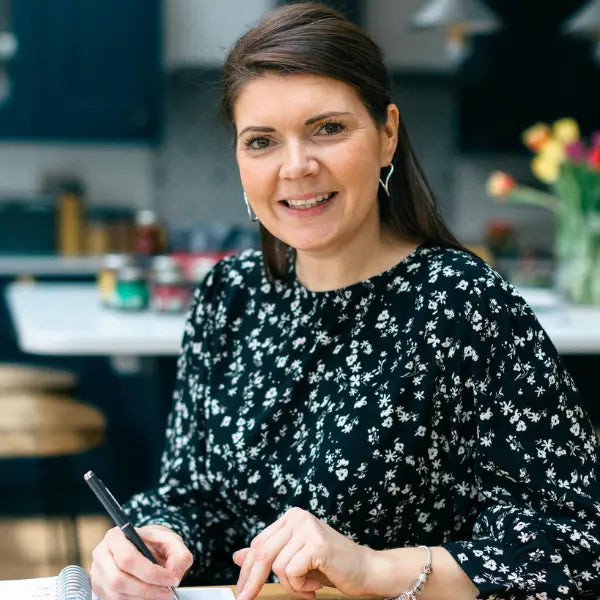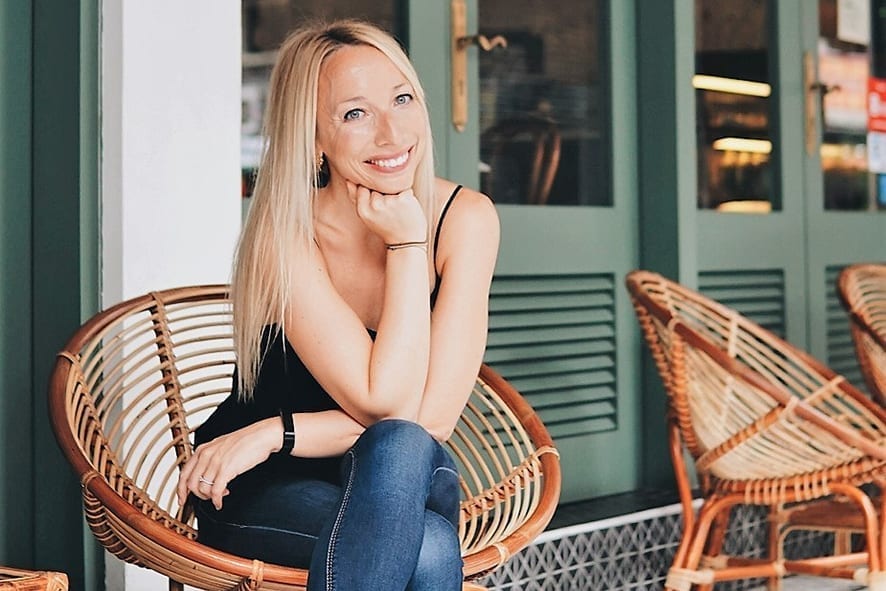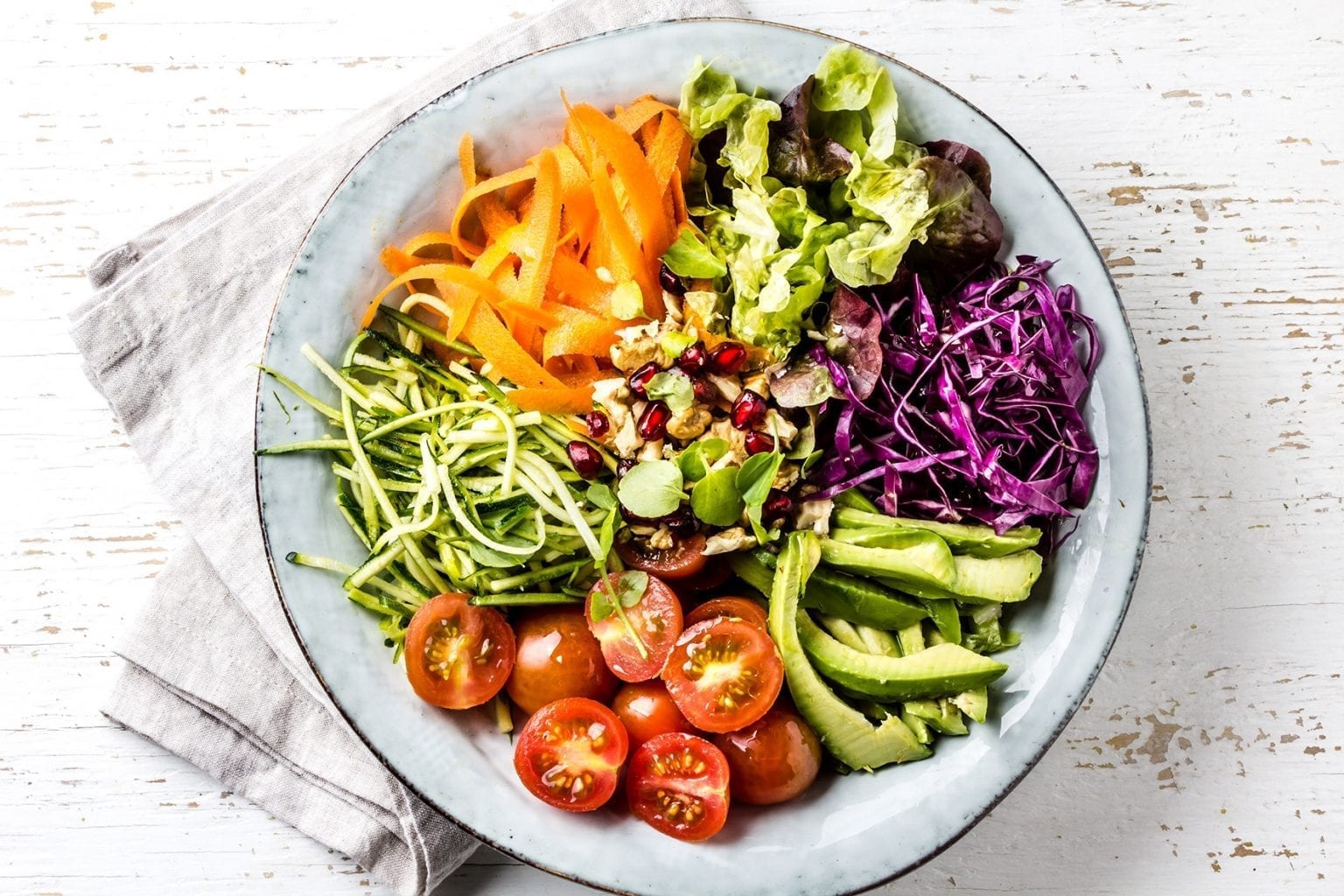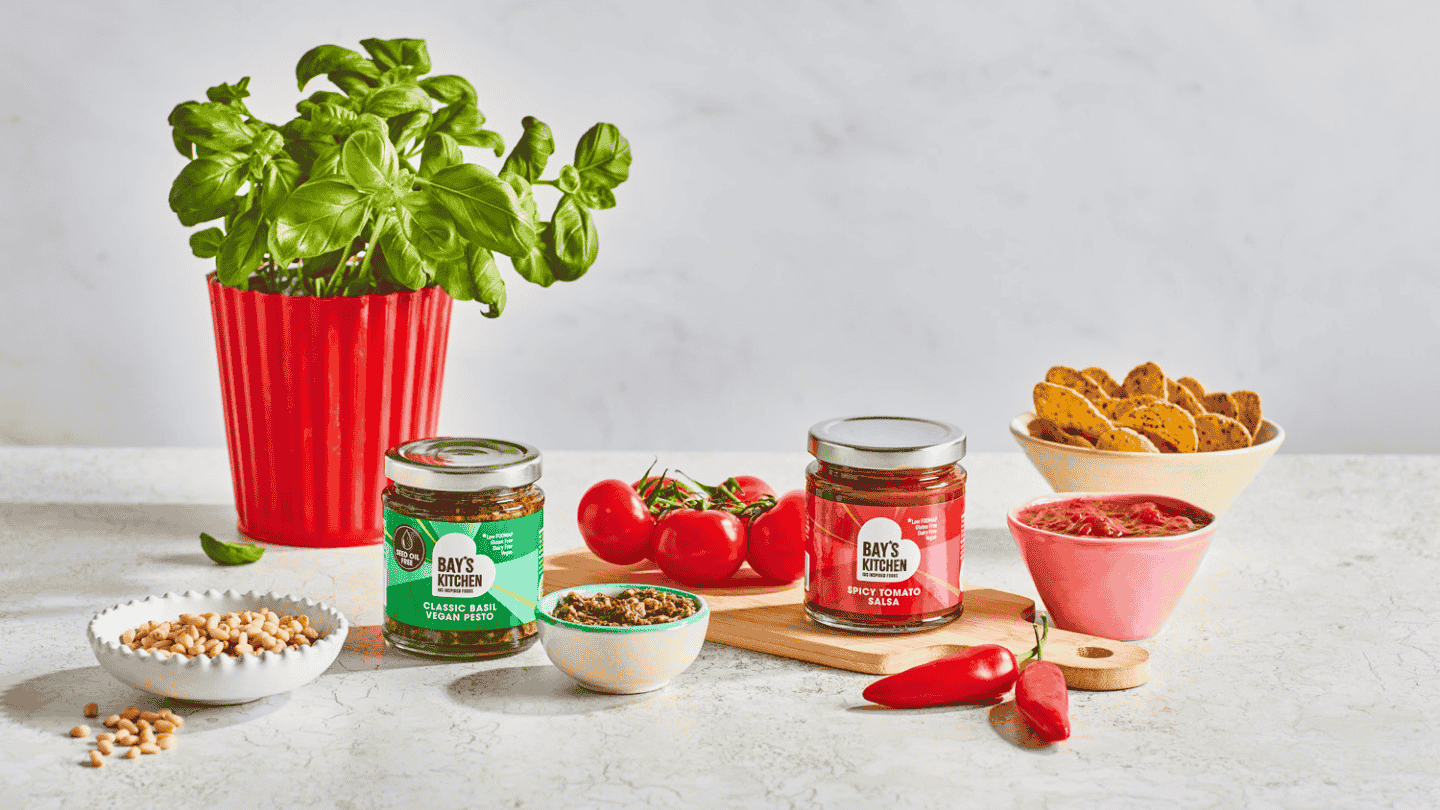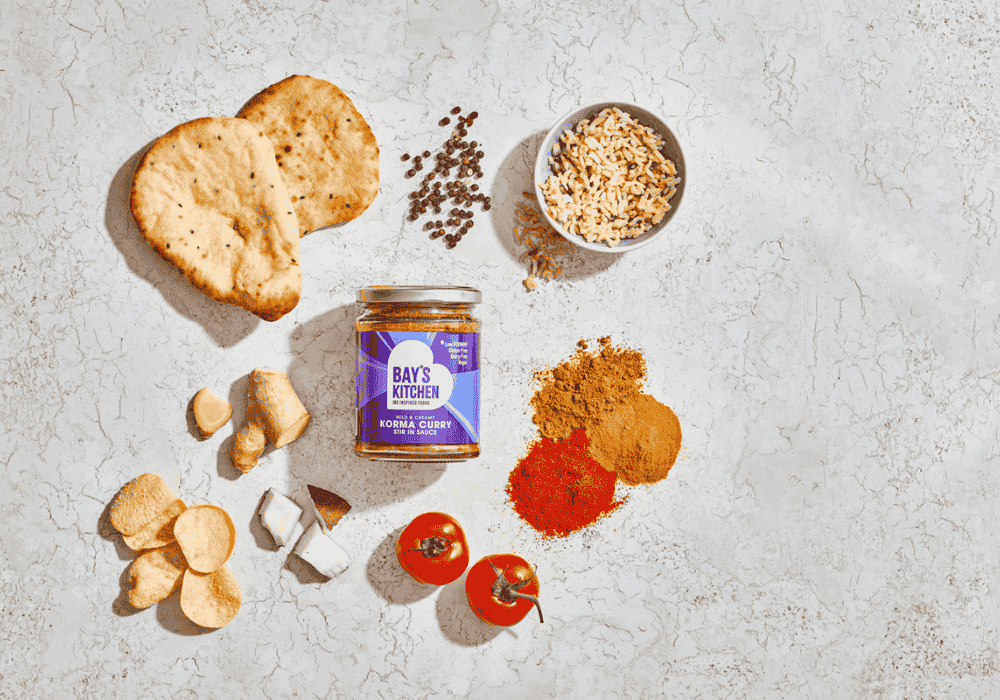The Low FODMAP Diet can be hard to follow at the best of times, but what happens when you’re on holiday or travelling with work, and you’re away from home surrounded by foreign foods and a foreign language?
Sophie Bibbs, who we recently interviewed (you can read the full interview here), kindly also spoke to us about her experience of travelling whilst on the Low FODMAP Diet and here’s her top tips…
Travelling on the low FODMAP diet can be a big nightmare! Have you managed to travel the world successfully following the diet?
It definitely hasn’t always been successful (there was the time in Sri Lanka when I’d informed the hotel of my food intolerances when I arrived and they’d happily nodded, so I was feeling pretty smug, until breakfast the next day when they brought me out a plain piece of white toast, COVERED in garlic, topped with raw red onion…) but I’ve learned a lot along the way and I now feel like I’ve almost mastered it!
How do you seek out the best restaurants to dine at? Do you usually email or call ahead?
For me, it’s all about research! Taking the time to research before you travel can seem like a pain, but it can massively pay off. Before I go anywhere, I take some time to firstly look up suitable restaurants. I just type ‘low FODMAP’ and the country name into Google and look at what pops up. Sometimes there will be restaurants that specifically cater to the diet (rare) or there will be a blog post or travel guide of someone who’s travelled to that country before on the diet and has recommendations. From that, I’ll look up menus or email the restaurants in advance to check they can cater to me, then pull together a list of options for when we arrive. If I can, I’ll book!
If I’m travelling somewhere more obscure that has nothing catering to the low FODMAP diet (e.g. Sri Lanka or Myanmar) I’ll research the local cuisine. There are hundreds of food and travel blogs out there that will give you an overview of the key local dishes. You can do a bit of research into ingredients and then pull together a list of local dishes to look out for that you know are safe. You’ll then know, if you spot them on a menu, that they’re safe to eat.
Yes, this takes a bit of time, but I recommend it to all my clients who travel whilst on this diet and they always say it is well worth it!
What do you do to prepare before you travel?
Aside from researching the restaurants and local cuisine, the first thing I do is think about where I’m going to stay. If I’m staying at a hotel that includes breakfast, or is all inclusive, then I speak to them before I go. I just drop them an email or give them a call to explain the things I’m avoiding and ask what they can do for me. If they’ve got lots of advance warning, there’s no reason they won’t be able to cater for you. On the other hand, if you wait until you arrive, then they may not have time to buy different ingredients for you. I’ve done this several times and have always been accommodated. Even if you’ve only got a bed & breakfast, at least if you can be confident of a hearty low FODMAP breakfast, you’re off to a good start! Alternatively, sometimes, if I’ve got the choice, I book a self catering apartment or an AirBnB. This gives me complete freedom to cook whatever I want, without relying on the hotel or eating out.
Secondly, I stock up on snacks and supplies. The first few times I travelled on the low FODMAP Diet, I didn’t do this. I then spent too much time starving and searching local convenience stores for FODMAP friendly products. So, I learned to bring my own. I’ll buy easily transportable things such as low FODMAP cereal bars, packs of nuts, rice cakes and peanut butter. I’ll normally bring more than I need, just in case I can’t find a low FODMAP meal at any point and need something to fill me up (not ideal, but sometimes necessary). If I ever got my suitcase searched, I’m sure airport security would think I’m insane, but it’s worth it!
I’m also realistic that a flare up might happen, and I prepare for it. I always make sure I travel with any medications or supplements I normally use to relieve symptoms. Whether that’s a fibre supplement for constipation, Imodium for diarrhoea or peppermint/charcoal capsules to ease the bloat, it’s always good to have it with you. Even if you don’t have to use it (yay!), it’ll put your mind at rest having it with you.
Another thing I do if I’m going somewhere that doesn’t speak English, is translate ‘I’m allergic to (insert your worst triggers)’ into the local language. You can do this really quickly on Google translate and then just screenshot it and save it on your phone. I then have it on my phone ready to show waiters at restaurants and it reduces the risk of anything getting lost in translation. This will save you from incidents like the garlic and onion on toast scenario I had in Sri Lanka!
If I’m going somewhere that doesn’t speak English, is translate ‘I’m allergic to (insert your worst triggers)’ into the local language. You can do this really quickly on Google translate and then just screenshot it and save it on your phone!
They really can be! Sometimes, even the thought of a plane journey with IBS can stress you out so much that it causes a symptom flare up! So, the first thing I’d focus on is trying to reduce any stress you have around the journey. If you’ve got time, try and squeeze in a yoga class/meditation/walk (whatever relaxes you) before the flight. Then try and download a guided meditation (there are lots of free apps where you can access these) to your phone that you can listen to at the airport or on the plane if anxiety does strike. By reducing your anxiety levels around flying, you’ll have got one step closer to surviving, as anxiety can make symptoms so much worse.
Sometimes you can pay extra to book one or you can get given one if you call the airline in advance and explain your situation. I know it’s embarrassing but it can be such a weight off your mind if you know you’re able to get out and to the toilet when you need to. Again, I know it can be embarrassing, but speak to the cabin crew when you’re on the plane about your condition. If you explain that you suffer with IBS and may need to use the bathroom often, they can help you out. They might be able to move you to a more convenient seat, let you use the bathroom when the seat belt sign is on, or let you use the first-class bathroom. Sometimes it may not be possible, but if you don’t ask you don’t get and I’ve always found that the staff want to help you as much as they can.This might seem obvious, but flights are extremely dehydrating, which can trigger symptoms in itself. So, try to hold off on the booze and chug twice as much water as you usually would. That aisle seat will come in handy here too! Sitting still for long periods of time can trigger symptoms, whereas movement stimulates the digestive system and helps it to function properly. So, make sure you’re getting up and walking up and down the aisle often. If you drink all that water, you’ll need to pee every hour anyway, so this will be taken care of for you! Also, when you do get off the flight, go for a walk around the town or the hotel straight away to kick start your digestion again. The food on the plane isn’t that appealing at the best of times, never mind when you’re not sure what’s in it and what symptoms it’ll cause. I know it’s annoying, but I’d recommend bringing your own meal and stuffing your hand luggage with low FODMAP snacks that you know you can tolerate well. At least that way you know that you won’t risk eating something that will upset your stomach.
Have you found any places who are familiar with Low FODMAP?
The one place I’ve travelled to so far that’s been familiar with low FODMAP is Australia. I was in heaven when we went there! Most restaurants we went to had heard of the diet and could accommodate for it, some had low FODMAP options marked on the menu and there was even a low FODMAP cafe in Melbourne, where the entire menu was low FODMAP! On top of that, there were low FODMAP foods in supermarkets and all the cafes seemed to offer almond, soy and lactose free milk options.
The low FODMAP diet was created by Monash University in Australia, so it makes sense that there is much more awareness of it there. My hope is that, as awareness of the diet spreads, more and more places will become familiar with low FODMAP and there will be so many more options for people with IBS.
We really hope this helps ease your mind about travelling! If Sophie can cope with the Low FODMAP Diet in Malaysia for 2 years, then hopefully we can all cope for one week on our Summer holidays using her tips!
To contact Sophie, either find her on social or visit her website:
- Website: www.sophiebibbs.com
- Social media: @sophiebibbs
To read our full interview with Sophie, please click here.
Enjoy your travel!
